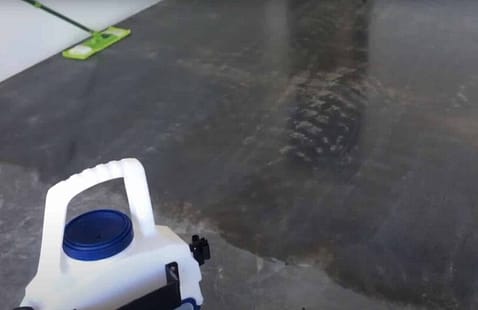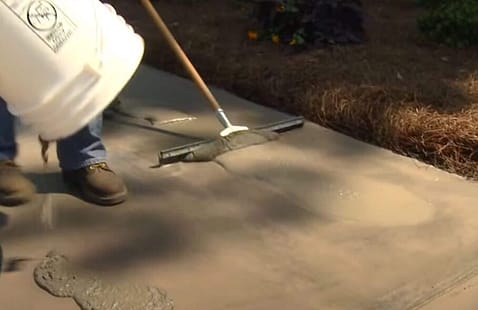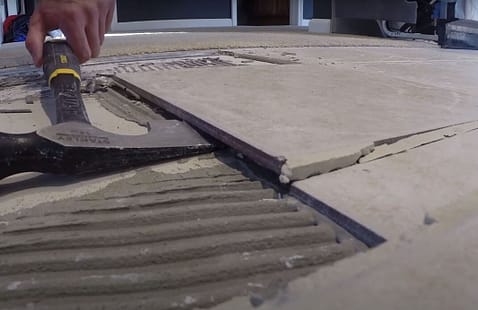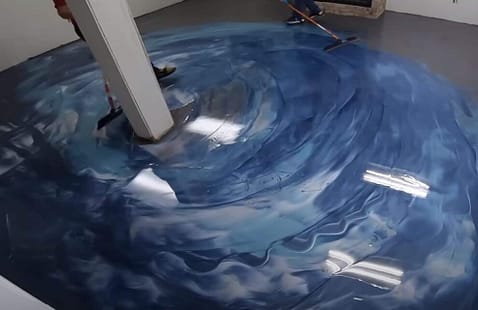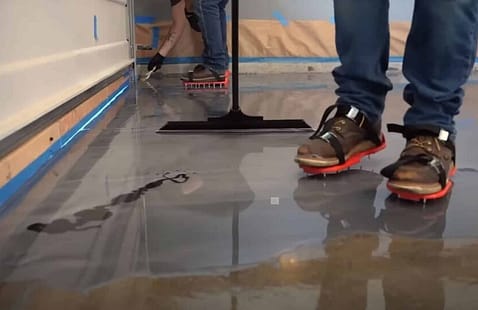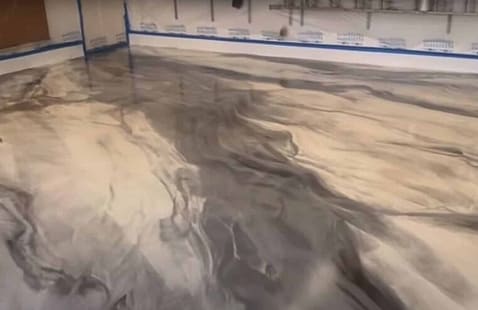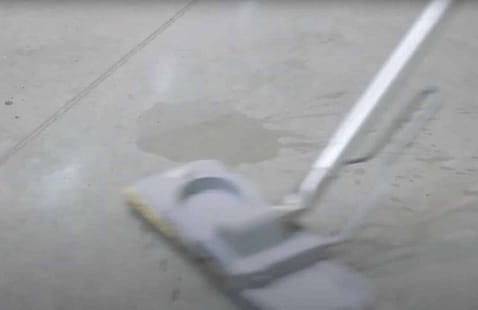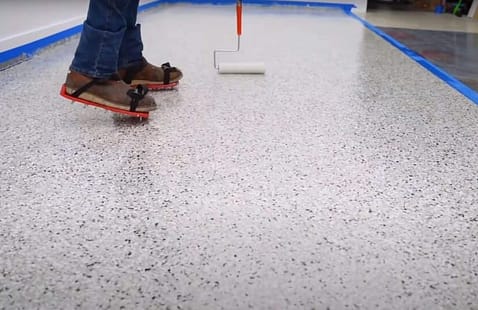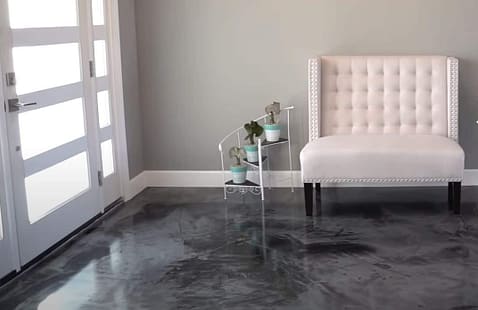How Often Should I Reseal My Polished Concrete?
Polished concrete floors should ideally be resealed every 2-5 years, depending on factors like foot traffic and exposure, to maintain…
Read MoreWhat is Concrete Resurfacing?
Concrete resurfacing, a process that involves applying a new layer of concrete over an existing one for repairing minor damages…
Read MoreWhat Makes Quarry Tiles Challenging to Remove?
The removal of quarry tiles is challenging due to their dense and thick nature, which results in a firm attachment…
Read MoreHow long does it take for a newly installed metallic epoxy floor to cure in Auckland's climate?
The curing time for metallic epoxy flooring is typically around 7 days, influenced by environmental factors like temperature and humidity.
Read MoreHow Does Metallic Epoxy Resist Chemical Spills?
Metallic epoxy floors offer a blend of durability, aesthetic appeal, and exceptional chemical resistance, making them an ideal choice for…
Read MoreWhich Type of Epoxy is More Durable?
Epoxy flooring options, including standard, high-performance, moisture-tolerant, and ESD epoxy, offer varying degrees of durability, catering to specific needs and…
Read MoreHow Does Metallic Epoxy Differ from Regular Epoxy in Appearance?
Choosing the right epoxy flooring is crucial for achieving both functionality and style in your Auckland property. While clear epoxy…
Read MoreWhy is My Polished Concrete Floor Staining?
To maintain the elegant appearance of polished concrete floors in Auckland, it's crucial to understand the causes of staining and…
Read MoreWhat is the Disadvantage of Epoxy Resin Flooring?
Epoxy flooring, while offering numerous benefits, has its set of disadvantages that need consideration.
Read MoreAre Epoxy Floors Environmentally Friendly?
For Aucklanders considering a flooring upgrade, particularly those engaged in concrete grinding and polishing, epoxy flooring presents an environmentally friendly…
Read More
